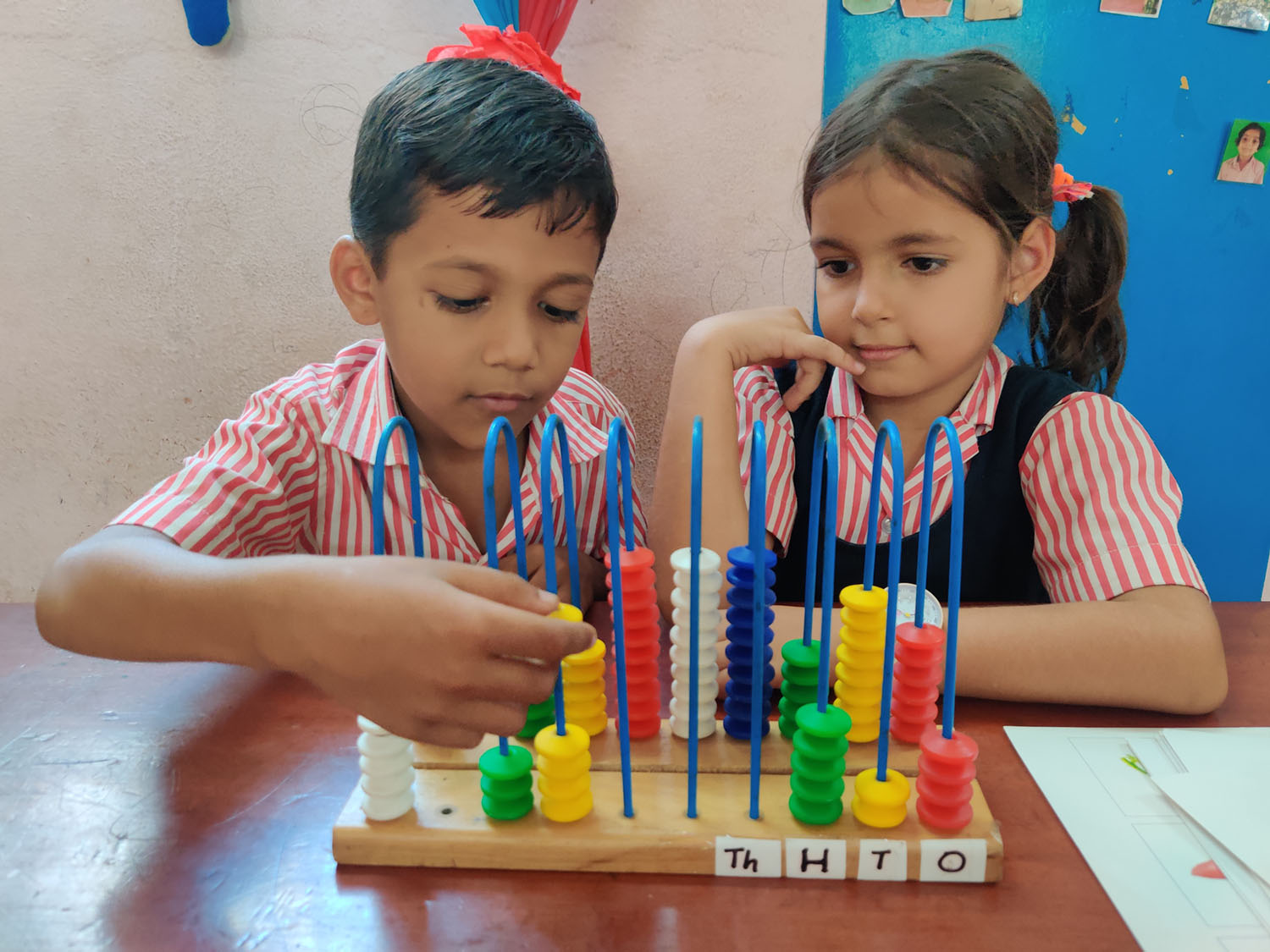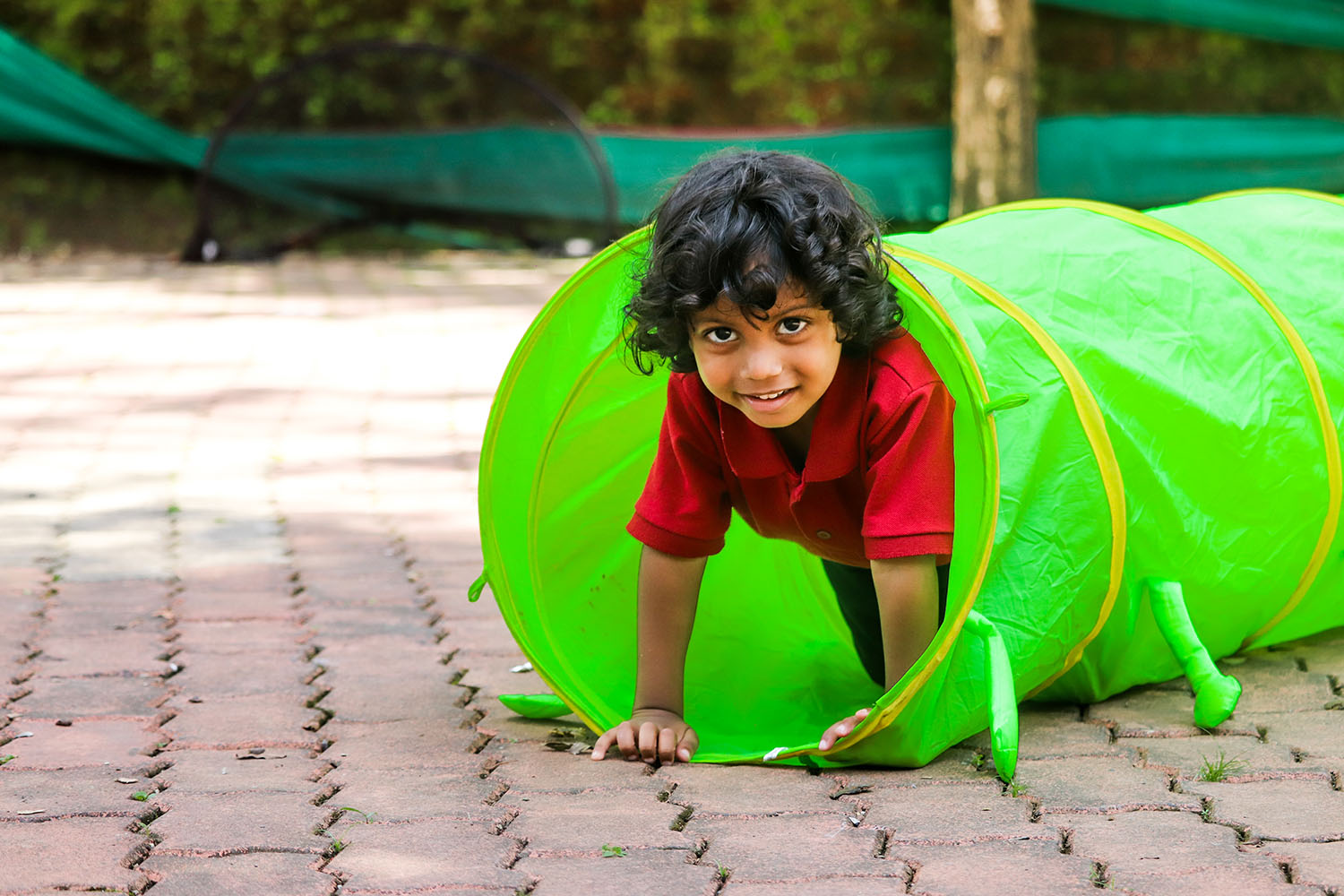A Strong Foundation – Shaping the Early Years
Early years learning is like the foundation of a house. If the foundation is strong, the house stands tall and firm. But if it’s shaky, the whole structure is at risk. The same goes for children. What they learn in their early years, before they even start school, sets the stage for everything that follows. It’s not just about academics—it’s about shaping who they become as people.
The Critical Years you can help your child
Think about how quickly young children pick up on things. They’re like little sponges, soaking up everything around them. From the moment they’re born, their brains are developing at a rapid pace. In fact, by the age of three, a child’s brain is already about 80% of the size it will be as an adult. That’s why those first few years are so critical. It’s when they’re learning how to think, feel, and interact with the world.
Language is one of the most important things kids start to learn early on. The more they hear, the better they get at understanding and using words themselves. This isn’t just about being able to talk—it’s about communication, expressing emotions, and building relationships. Reading to children, talking to them, and even just having them listen to conversations around them can boost their language skills immensely. And good language skills are the key to learning almost everything else later on.
Building Social Skills in your Child
Social skills are another biggie. In the early years, children start to figure out how to play with others, share, and resolve conflicts. These might seefffffm like small things, but they’re actually huge. Good social skills help children build friendships, work well with others, and navigate the world around them. Plus, kids who have strong social skills are more likely to be happy and confident, which can make their school years a lot easier and more enjoyable.
But it’s not just about what kids learn—it’s also about how they learn. In the early years, learning should be fun and engaging. Kids learn best through play, which helps them explore their world and try out new ideas. Play isn’t just about having fun (although that’s important, too!). It’s how kids practice problem-solving, learn to think creatively, and develop motor skills. It’s also how they begin to understand and manage their emotions.
Building a Love for Learning for Life
Another crucial aspect of early years learning is building a love of learning itself. If children enjoy learning from the start, they’re more likely to be curious, motivated learners throughout their lives. This is where parents and caregivers come in. By encouraging curiosity, answering questions, and providing opportunities for exploration, they can help nurture a lifelong love of learning in their children.
Building Independence and Confidence
Finally, early years learning helps children develop a sense of independence and confidence. When kids try new things and succeed, they feel proud of themselves. This builds self-esteem and encourages them to keep trying, even when things are tough. And when they learn that it’s okay to make mistakes, they develop resilience, which is essential for overcoming challenges later in life.
In a nutshell, the early years are when the groundwork for all future learning and development is laid. By supporting children during this critical time, we’re giving them the tools they need to grow into happy, healthy, and successful adults. And that’s something worth investing in.



